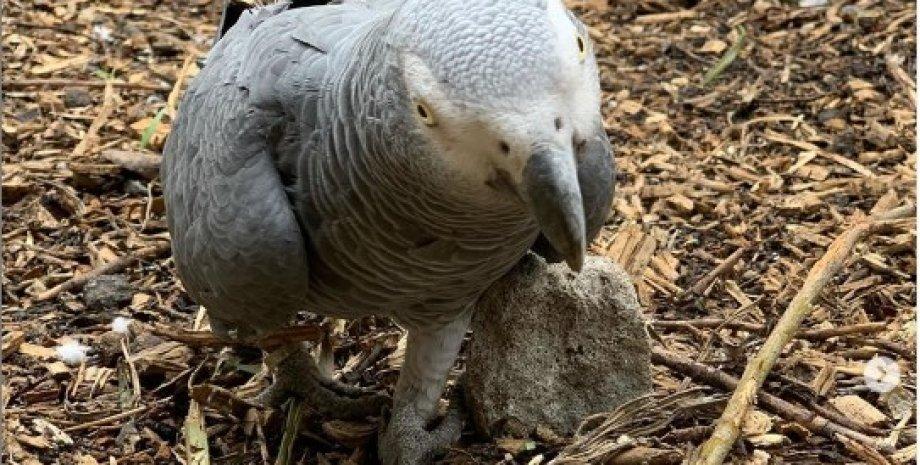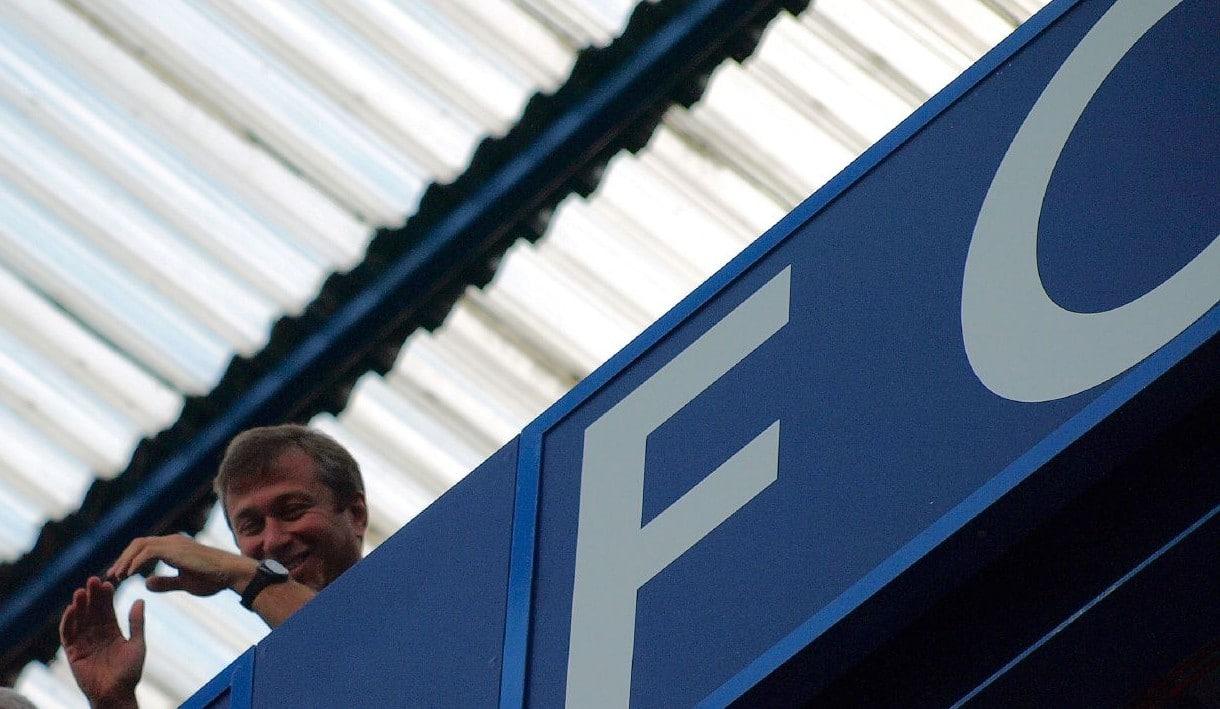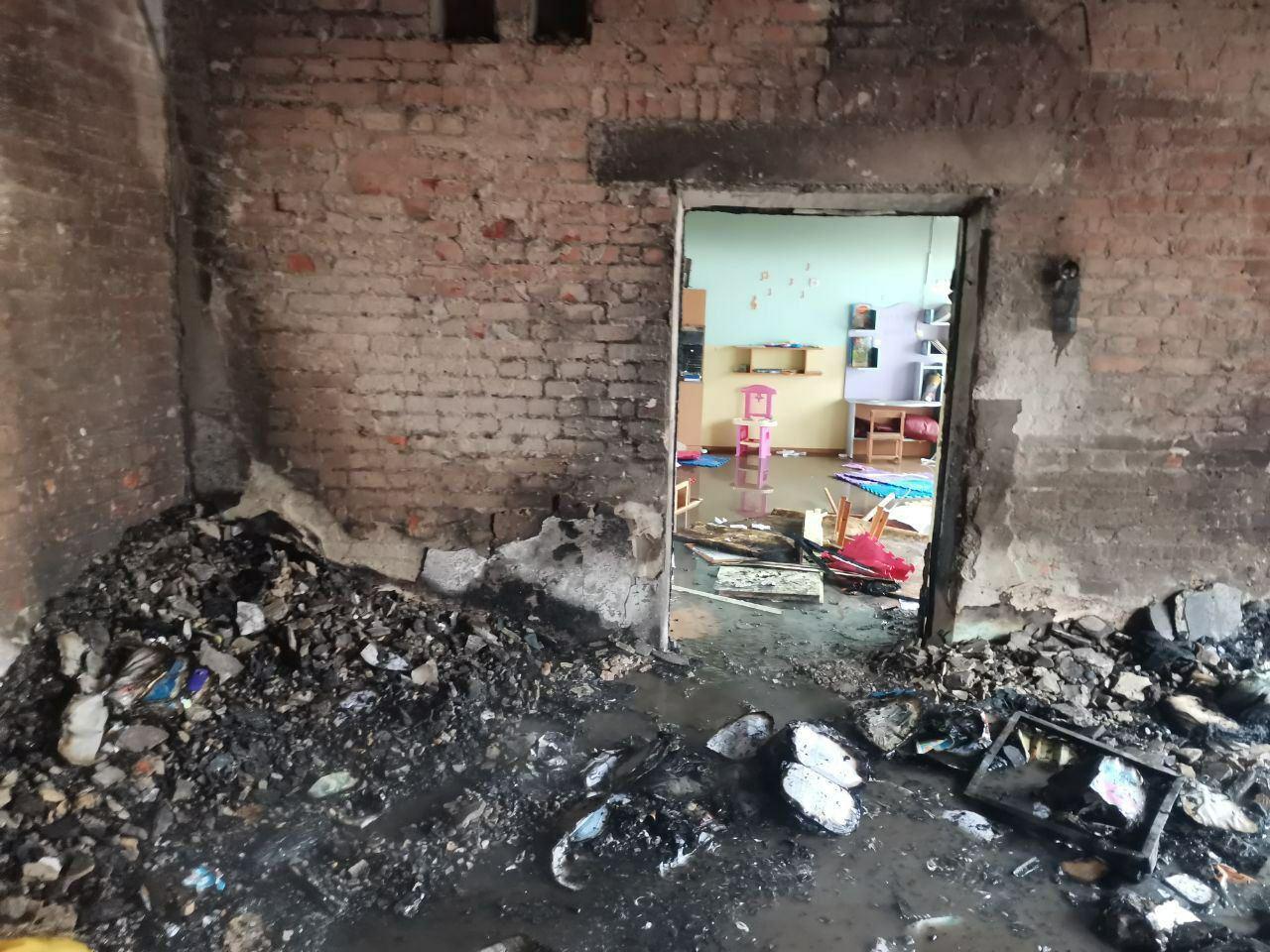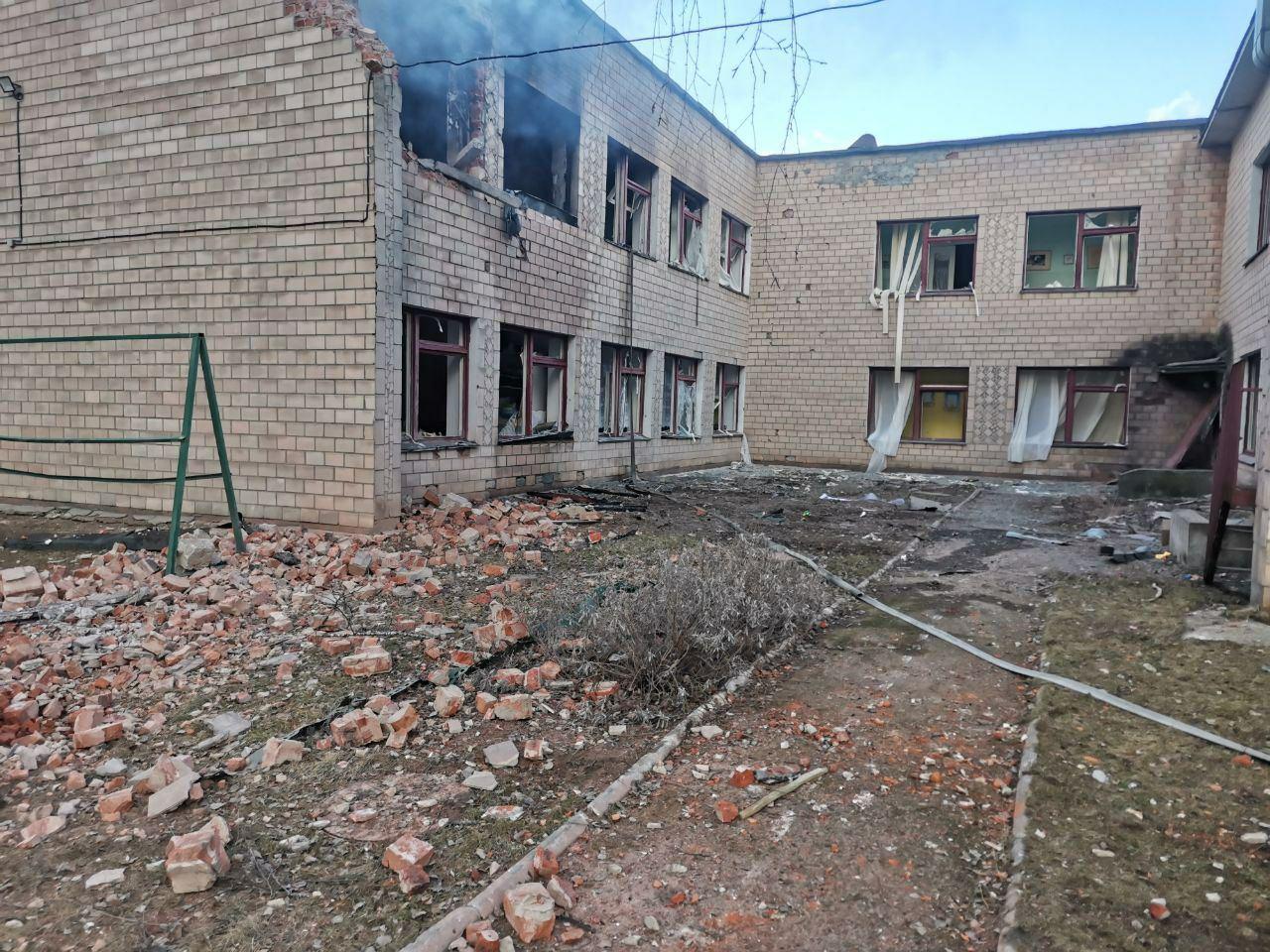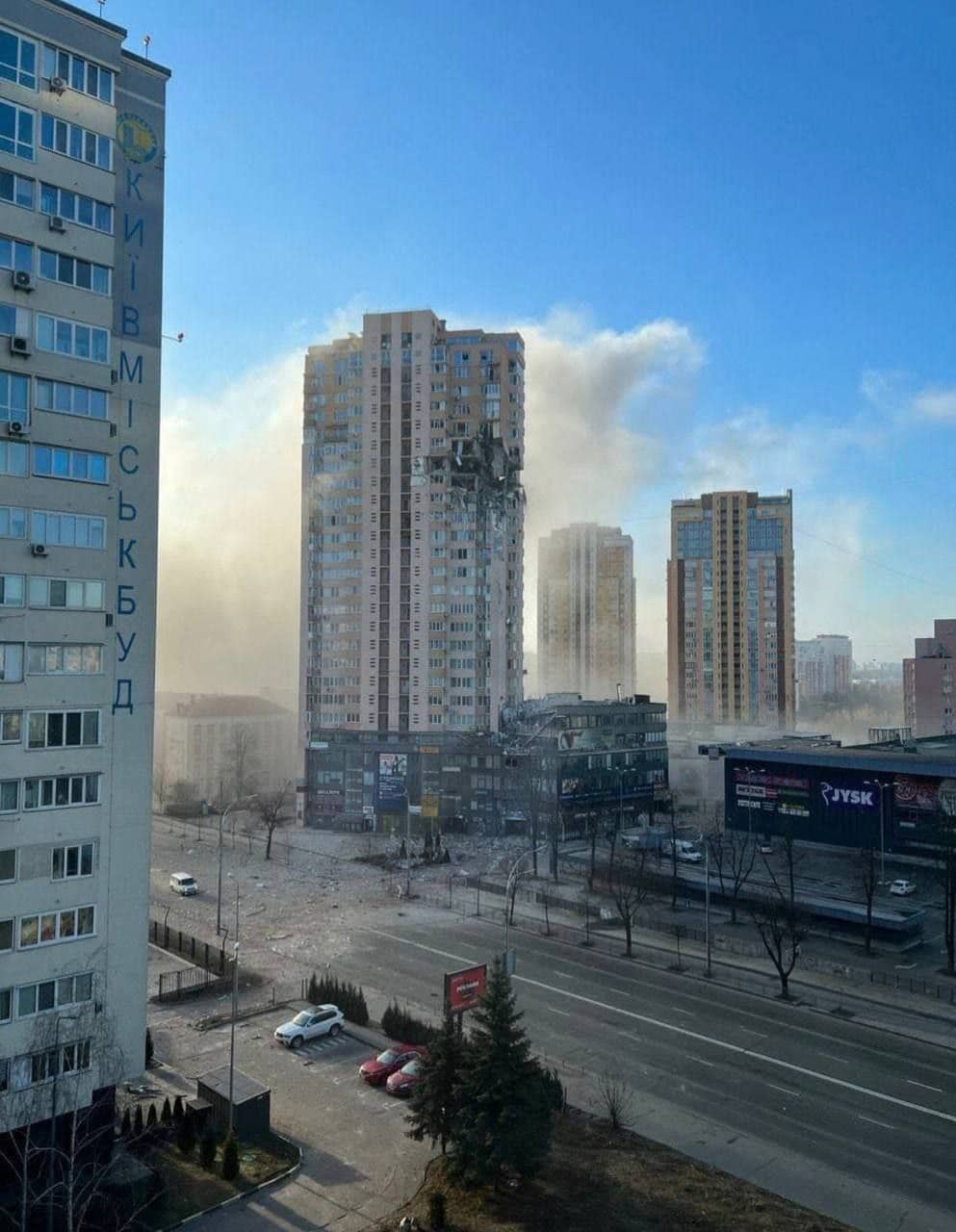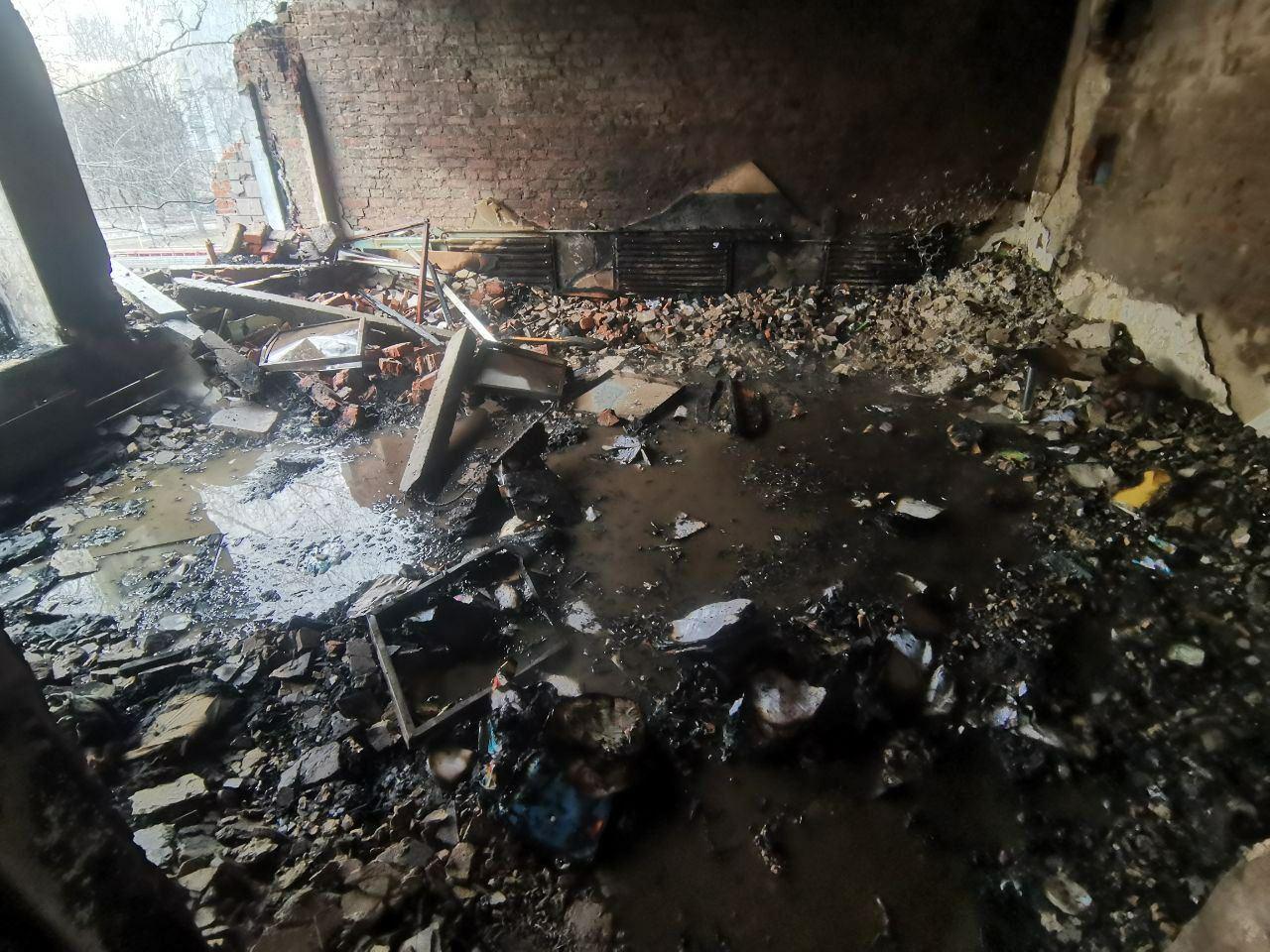Zoo workers who have sent the birds to enclosures away from human eyes hope they can improve.
Five gray parrots from Lincolnshire Wildlife Park, which is located in eastern England, had to be seated in different enclosures, because they united, cursing at visitors with obscene words. It is reported by the BBC.
African gray parrots Billy, Eric, Tyson, Jade and Elsie joined a colony of 200 other parrots in August. Due to the move to a new location, they were immediately quarantined. The result was unexpected: “after serving time”, the birds significantly enriched their vocabulary and began to curse at others.
Pretty soon, the aviary with foul-mouthed parrots began to attract attention: “At first, their cursing made us laugh, but then they themselves began to laugh, and it went: one starts to curse, others laugh, it turns him on even more, then the next one intercepts the baton, and the stream swearing and laughter flows just like in some kind of workers’ club “, – the local edition of Lincolnshire Live quotes one of the top managers of the zoo.
Zoo executive director Steve Nichols says that sometimes birds familiar with abusive language come to them, but five at once – this is the first time. Visitors, hearing rude words addressed to them, were surprised and could not help laughing, says the manager. But since there are families with children in the zoo, it was decided to isolate the birds.
“I hope that in isolation they learn more new words. Because if they teach others to use bad language and I have 250 cursing birds, I don’t know what we’ll do,” Nichols throws up his hands.
We will remind, earlier it was reported that drug addicts parrots ravage poppy fields in India. Intoxicated birds zigzag and crash into trees until the drug wears off, then return for more.
And the first breeders of macaw parrots were the ancient Indians. Scientists have found the first evidence of captive breeding of macaw parrots before 1250-1450.
A new dinosaur-parrot species has been discovered in the Gobi Desert in Mongolia.
Scientists have discovered fossils of toothless and two-toed dinosaurs that lived on Earth 68 million years ago and could be one of the progenitors of modern parrots. It is reported by Phys.org.
According to the researchers, the discovered dinosaur species had one finger less than its close relatives, which indicates the adaptability that allowed the animals to develop in the Late Cretaceous period.
Several complete skeletons of the species have been discovered in the Gobi Desert in Mongolia by a team of scientists from the University of Edinburgh.
The omnivorous feathered creature, dubbed Oksoko avarsan, grew to about two meters in length and had only two fingers on each forearm. The animals had a large, toothless beak similar to that found in modern parrots.
Scientists note that the adaptation of the forelimbs suggests that the group of dinosaurs may have changed their diet and lifestyle. These changes allowed the species to achieve greater diversity and increase in numbers.
The team suggests that the impetus for the change was migration to new geographic areas.
It also turned out that the Oksoko avarsan were social creatures, like many prehistoric species. Fossil remains of four young dinosaurs have been found together.
“Oksoko avarsan is interesting because their skeletons are very complete, and also how they were found resting together. This shows that the juveniles preferred to stay in groups,” says study leader Gregory Funston.

